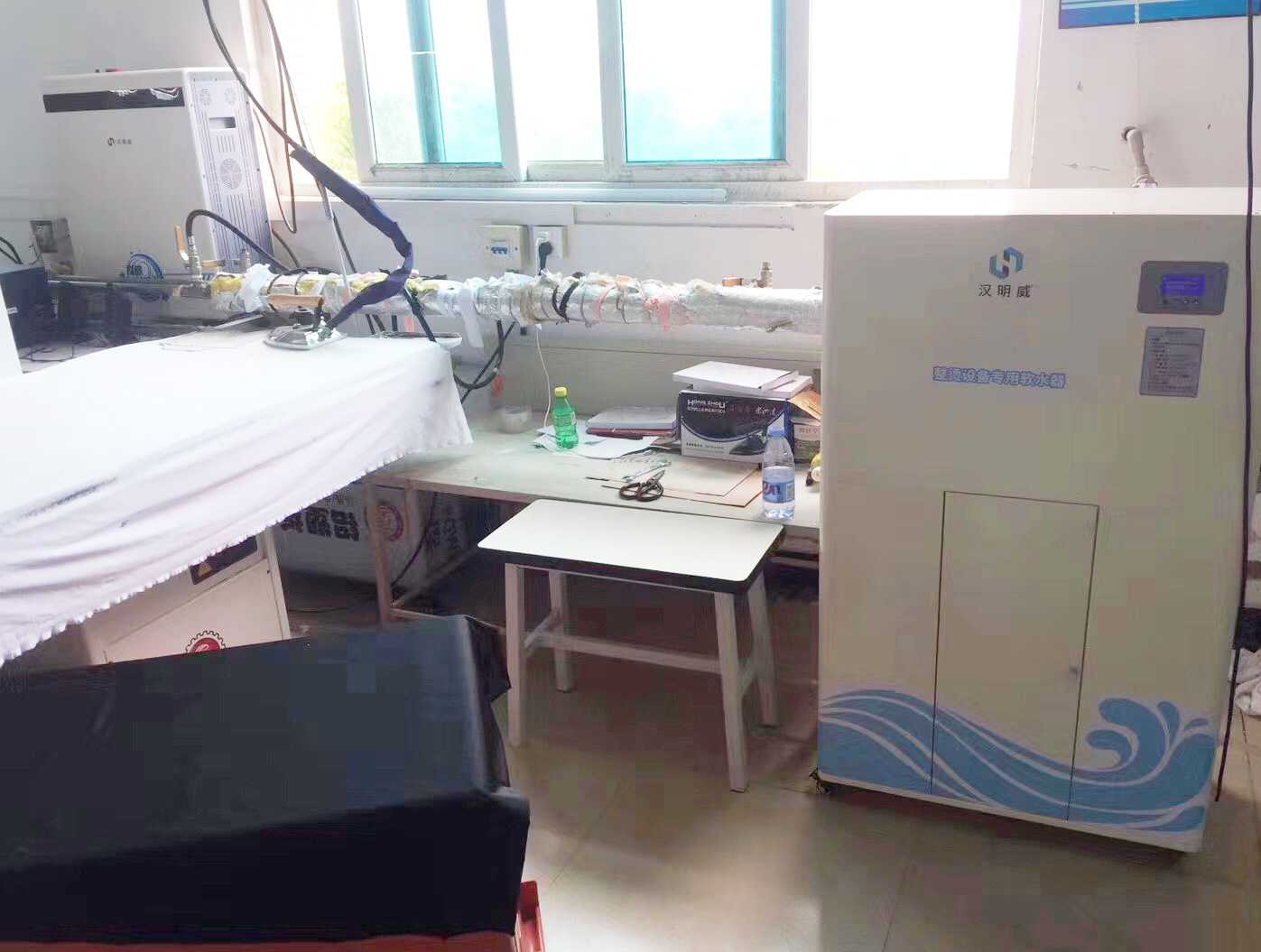Astonishing ! It is time to improve the equipment water status right now.hits [639] publish time :2020-08-06
Recently, Hemway started a new round of factory visits. Each regional after-sales service teams went into the factory workshops deeply to provide
maintenance services for ironing equipment for our customers. During this factory visit, we found that some factories reported that the equipment
was in good condition, with few failures. In some factories, minor equipment failures occur from time to time, especially valves and pipelines that
are prone to blockage.
In response to the feedback from the factory in question, we first investigated the water usage of the factory. The survey found that these factories,
without exception, directly use tap water as the equipment water source. Although some factories use pure water, the storage barrels are not closed,
and a large amount of clothing fibers, oil and impurities are floating or deposited in the barrels. The after-sales engineer immediately decided to
perform a deep descaling treatment on the equipment. After disassembling the device, the situation before our eyes can almost be described as shocking.
 |  |
A large amount of sand, impurities, and scale accumulate in the furnace bladder of the equipment, and the heating pipes, water level detector, valves,
water inlet filter joints and other parts are blocked or corroded by scale.
For the equipment fails frequently, which these sediments, impurities, and scale are the culprits!
Untreated tap water contains a large amount of sediment impurities, calcium and magnesium ions and other substances. These impurities accumulate
over time when passing through the pipelines and valves of the equipment, which can easily cause scale and blockage, and eventually cause the equipment
to be unable to fill in water, unable to drain, Unstable air pressure during drainage, water spraying from iron, etc. malfunctions. To improve this situation,
we must first do good maintenance in daily use.
Factories that directly use tap water or use open water sources must regularly perform the following
routine maintenance work:
● Before getting off work every day, switch the equipment status knob to "off duty" for automatic sewage discharge;
●Clean the impurities in the water inlet filter joint and the vent hole of the iron bottom plate weekly;
●Regularly clean the mud and sand impurities in the equipment inlet and outlet pipes and valves monthly;
●Regularly clean the silt impurities in the furnace gall of the equipment and the scale on the heating pipe and the water level probe every two months.
Of course, if you want to completely solve the blockage and scale problems, you need to configure professional water treatment equipment in the end.
After several years of development, traditional boiler equipment has formed an industry standard that must be equipped with water treatment equipment.
However, smart ironing equipment has only begun to be widely used in recent years, and users have not yet formed a specific consensus and standard on
the use of the equipment.
Regarding whether to configure water treatment equipment and what kind of water treatment equipment should be selected, users are relatively unspecified.
In fact, the selection of water treatment equipment also needs to consider the local water quality. Professional soft water treatment equipment must be
configured according to the actual situation in order to achieve the purpose of removing scale and avoiding equipment failure.

The problems discovered during the end user visit also sounded the alarm for us at Hemway staff: to popularize user equipment water use specifications
and maintenance knowledge, it is urgent!
In the next Hemway small class, we will bring more knowledge about equipment maintenance to users. Users are also welcome to leave us a message.
We will answer your questions one by one.

